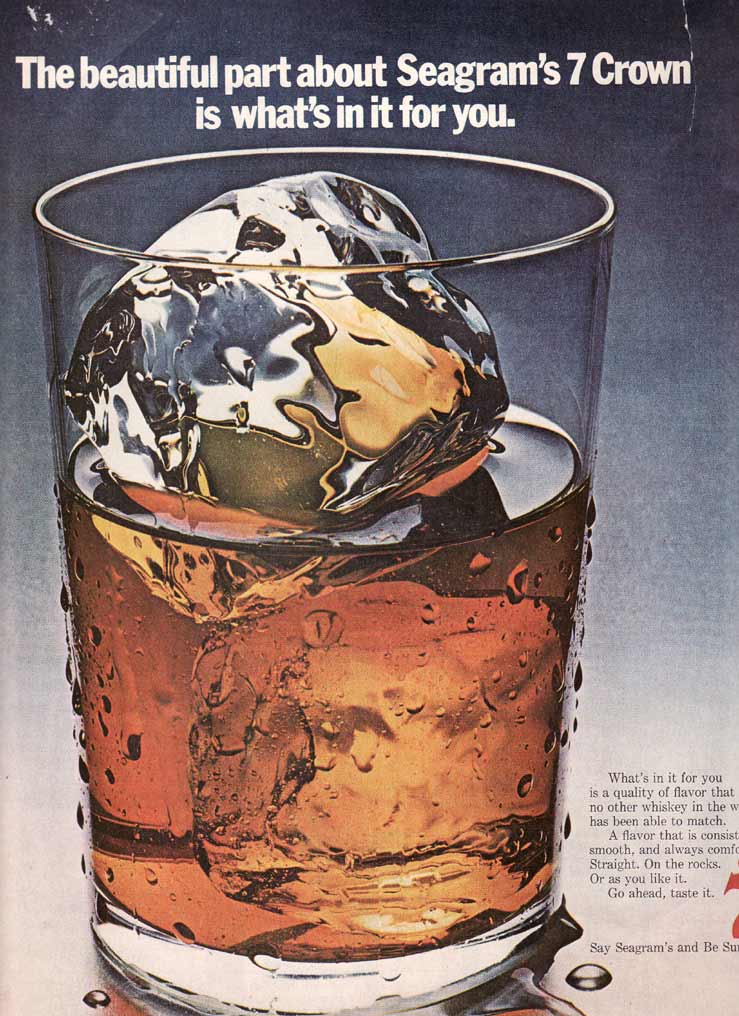

Providers of alternative medicine may be unable to make claims due to laws against false advertising, but they may be able to place stories and testimonials with journalists who can write as they wish under press freedom laws. The most egregious cases of this situation occur when, instead of inviting the reviewers to the company headquarters or another logical venue, the company gives all-expense paid tickets to Hawaii or Mexico, and holds the preview screening of the film or the product launch there.Ī particular use for puff pieces may be in health journalism. In some cases, the potential for bias in invitation-only preview sessions is substantially heightened when the reviewers are flown in to the location for the review, given fancy hotel rooms, and provided catered food and drinks during the actual review. This privileged access to the product may lead the reviewer to do a biased review, either out of a sense of obligation, or because of a concern that the failure to produce a “puff piece” will lead to the loss of future preview privileges. In some cases, a small group of reviewers may be given an exclusive invitation to test-drive a new sports car or see a new film before it is released. The financial relationship between the product company or entertainment firm and the reviewer is not always as obvious as a cash payment. For example, a major media conglomerate that owns both print media and record companies may instruct an employee in one of its newspapers to do a review of an album which is being released by the conglomerate’s record company.

In some cases, reviews of films, albums, or products (e.g., a new car or television set) may be considered to be “puff pieces”, due to the actual or perceived bias of the reviewer: a review of a product, film, or event that is written by a sympathetic reviewer or by an individual who has a connection to the product or event in question, either in terms of an employment relationship or other links. Puff piece is an idiom for a journalistic form of puffery: an article or story of exaggerating praise that often ignores or downplays opposing viewpoints or evidence to the contrary.

Puffery serves to “puff up” an exaggerated image of what is being described and is especially featured in testimonials. In law, puffery is a promotional statement or claim that expresses subjective rather than objective views, which no “reasonable person” would take literally. In everyday language, puffery refers to exaggerated or false praise.


 0 kommentar(er)
0 kommentar(er)
